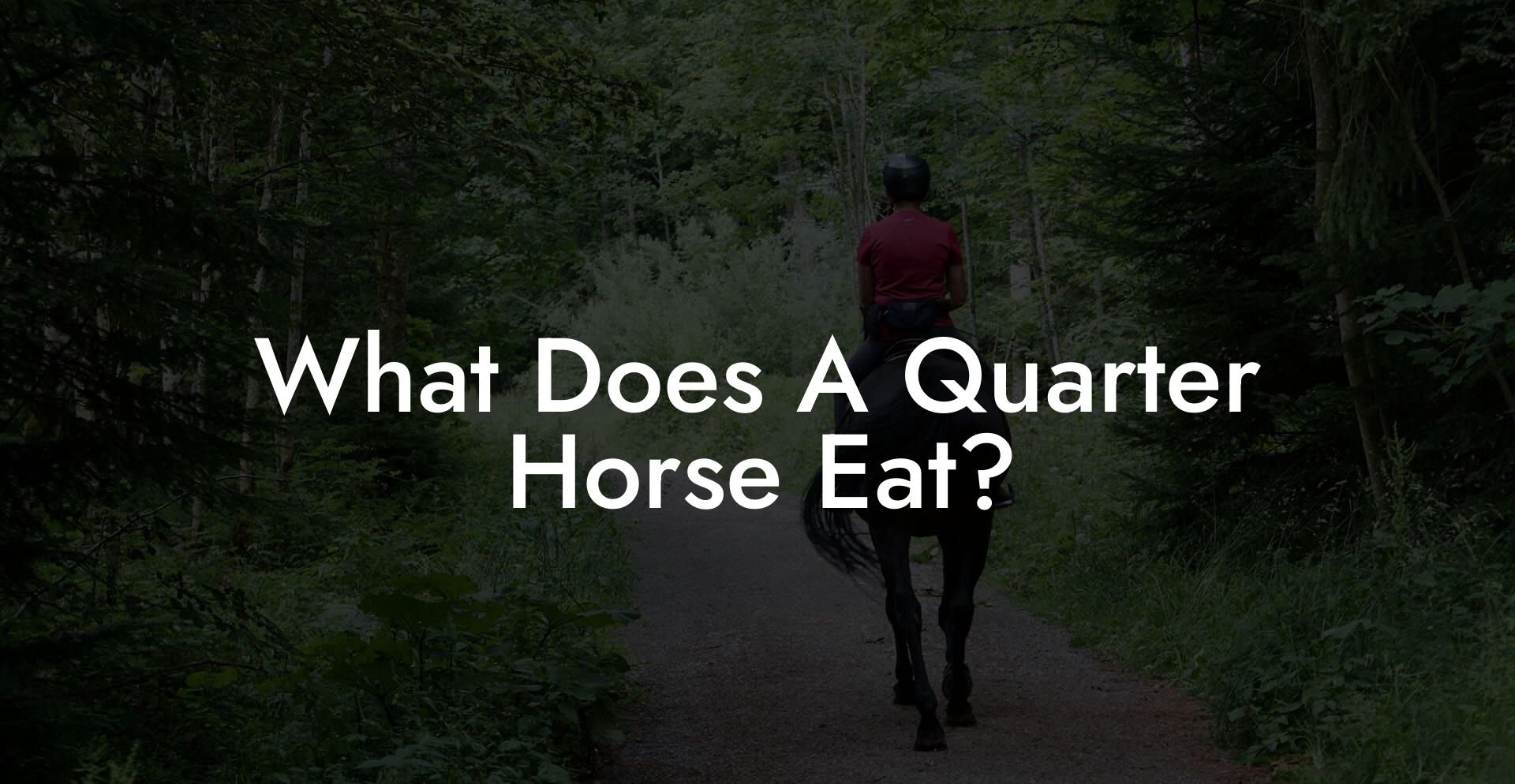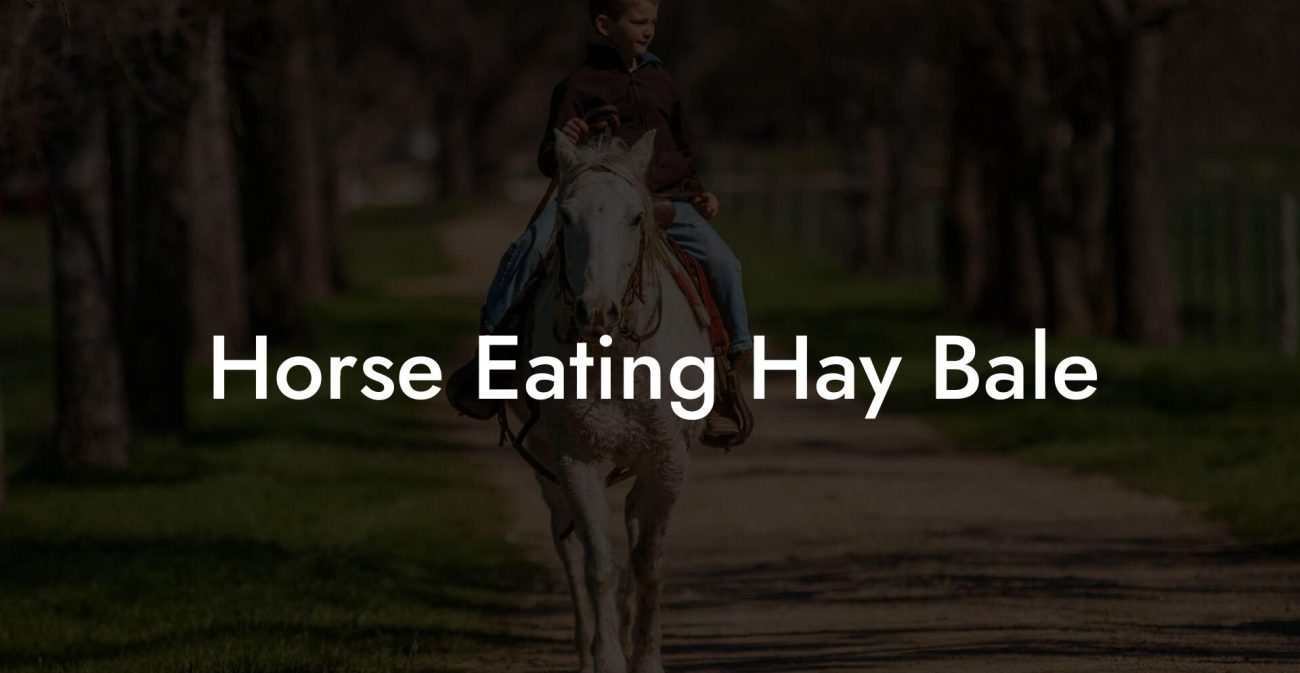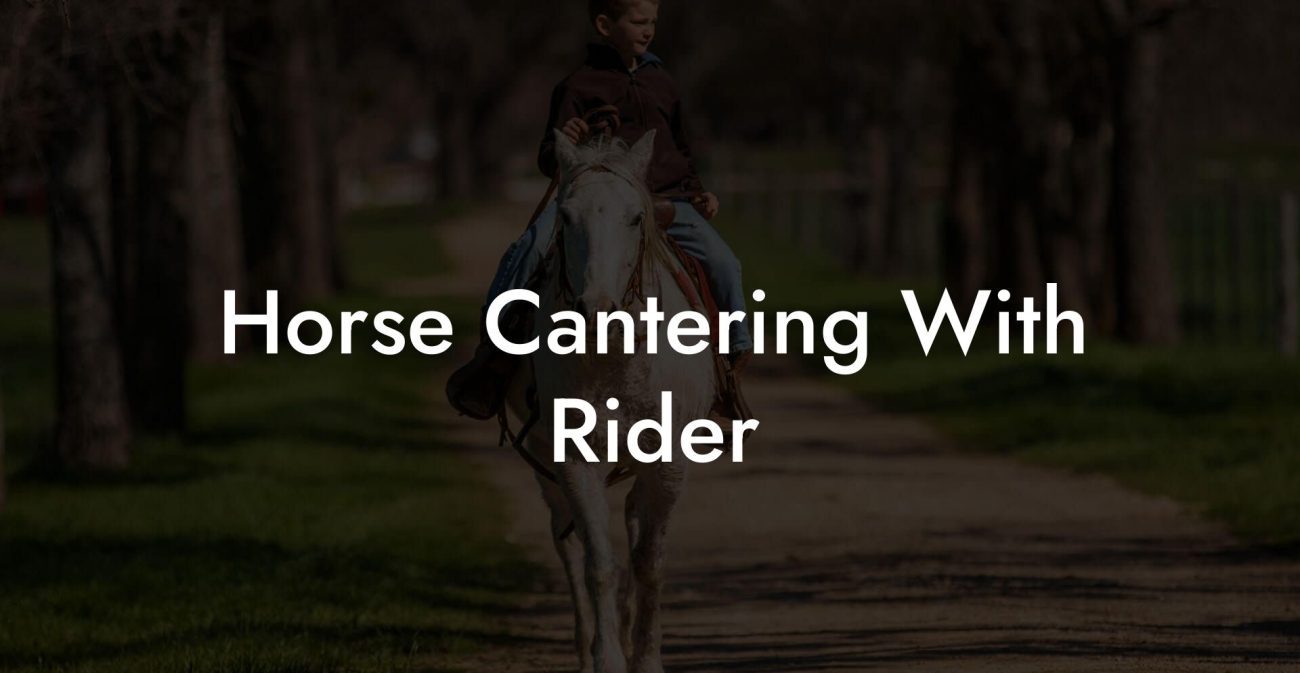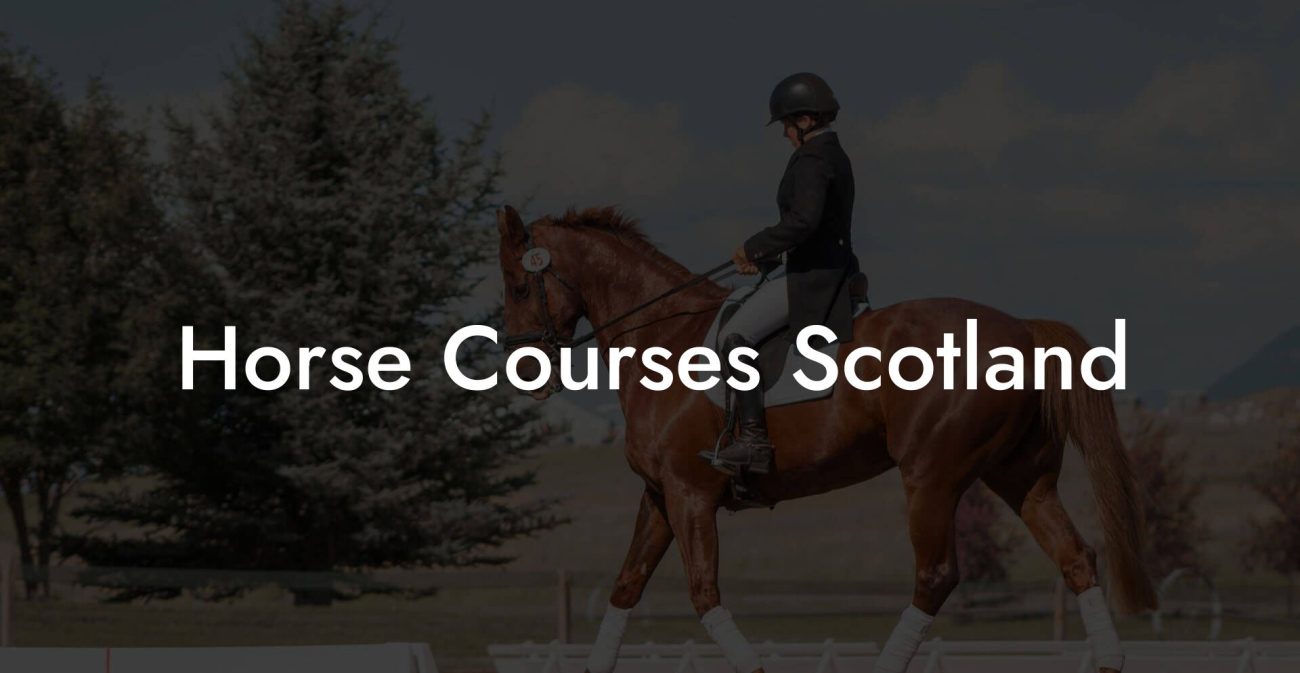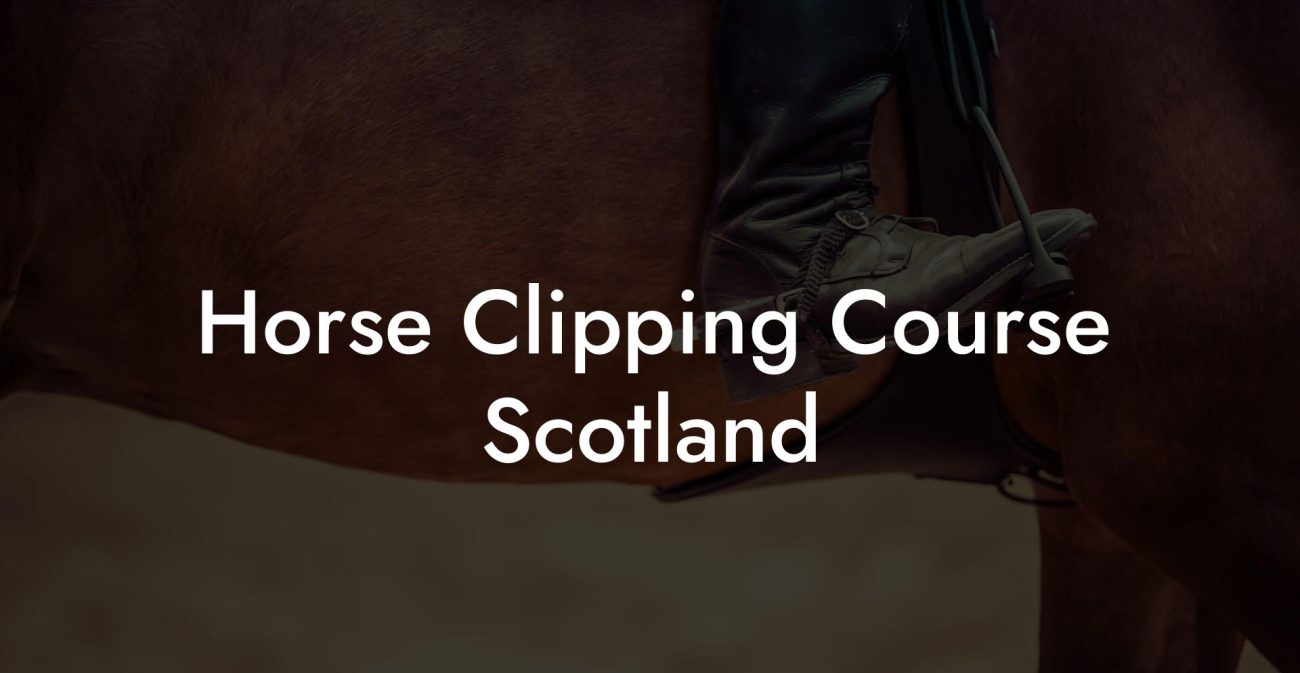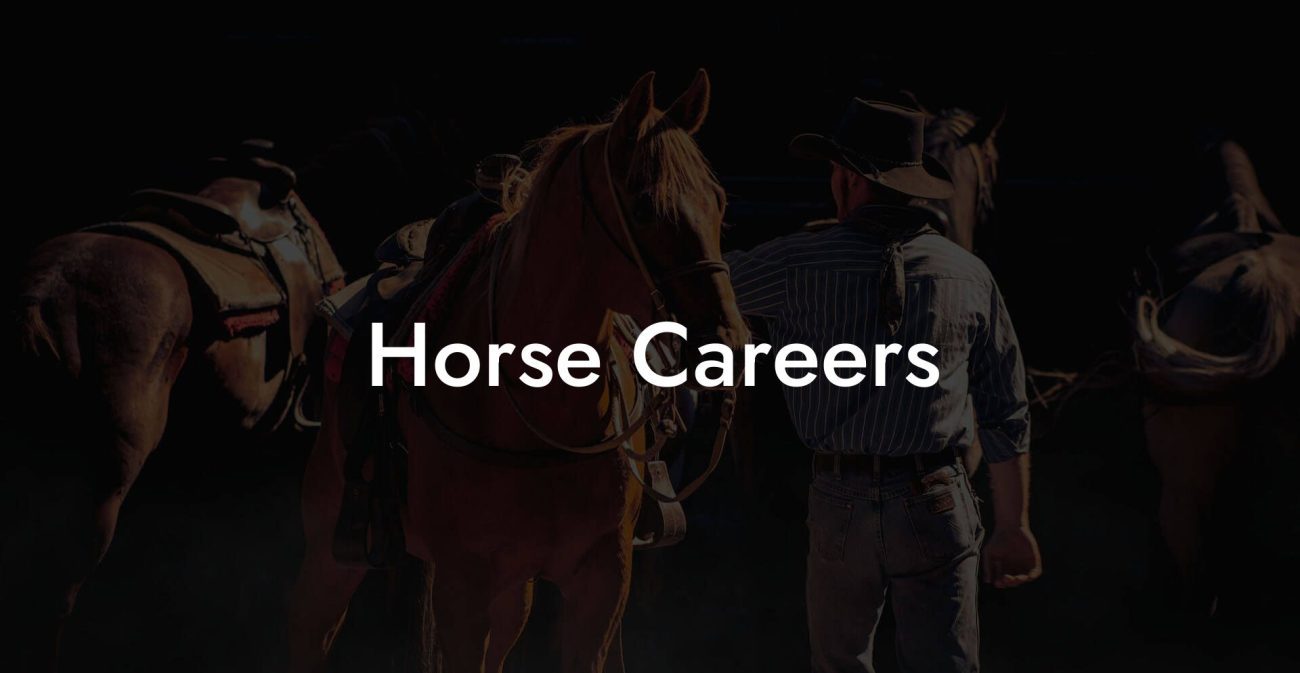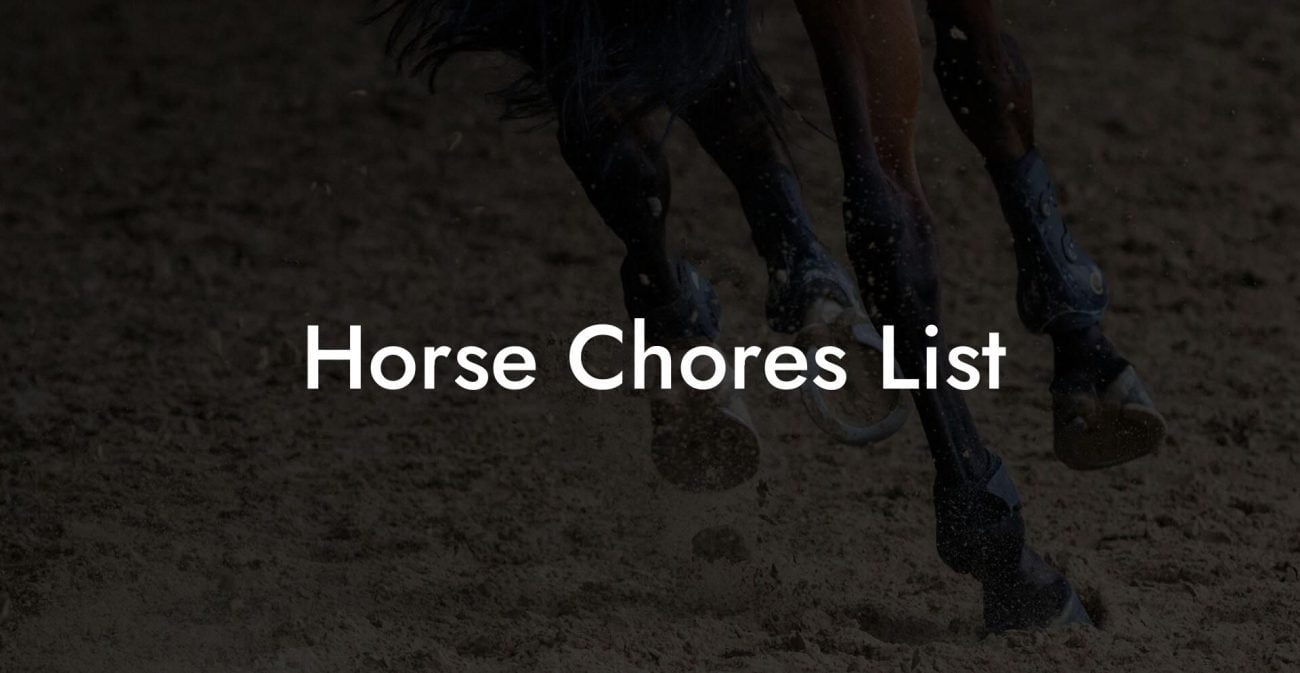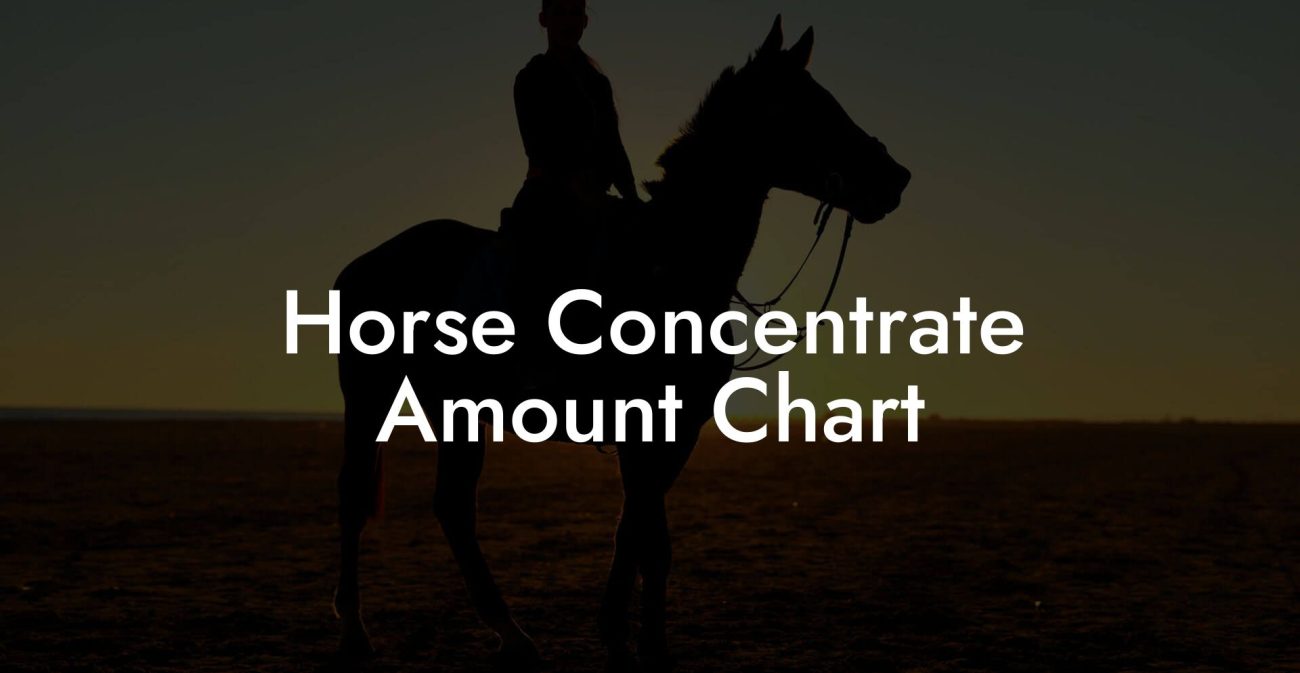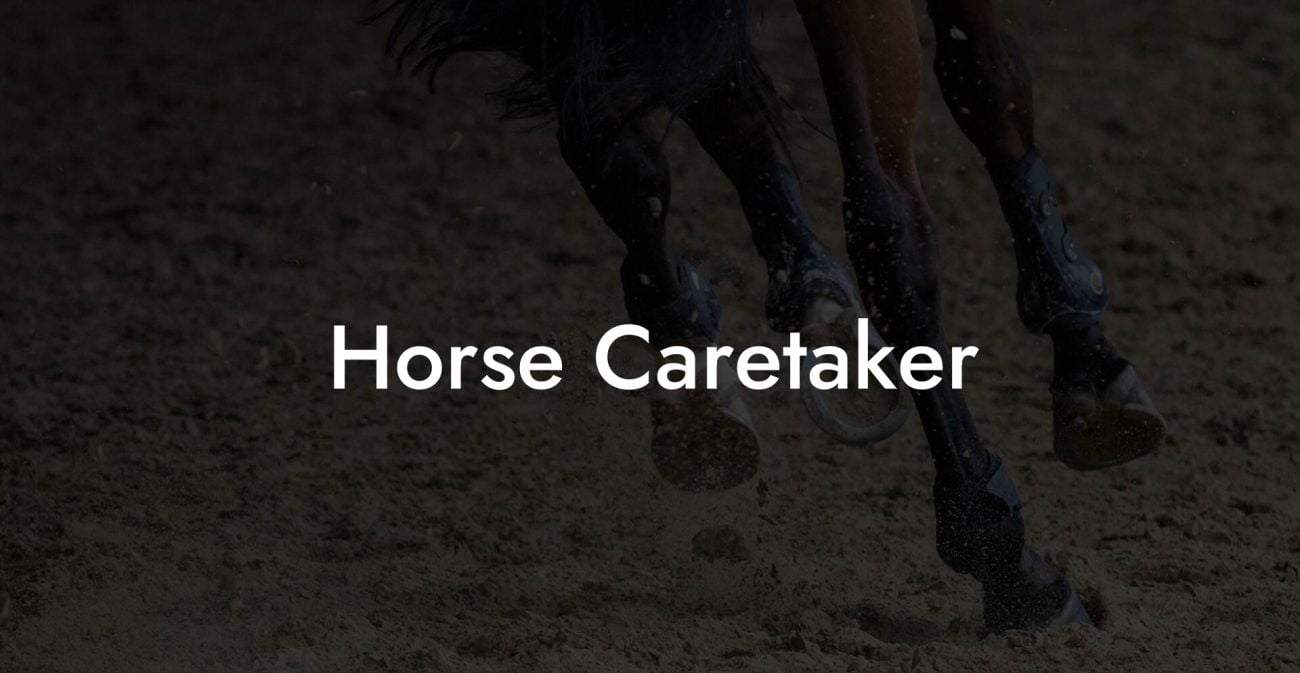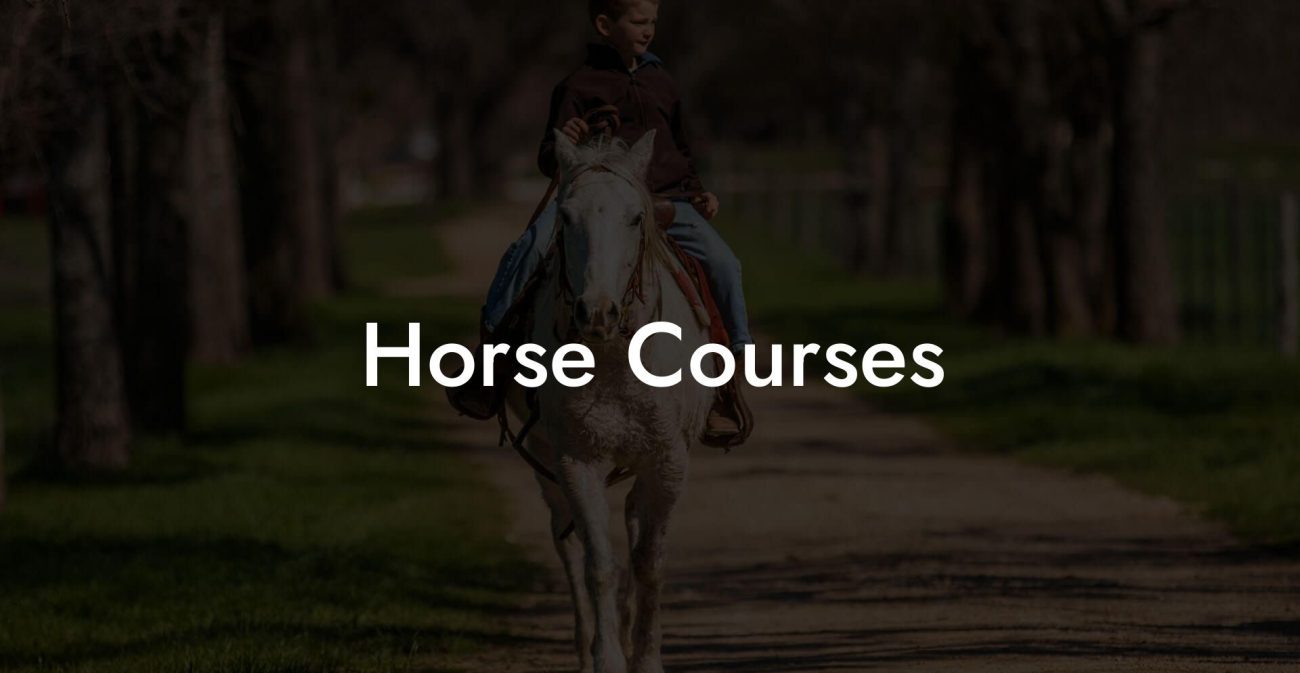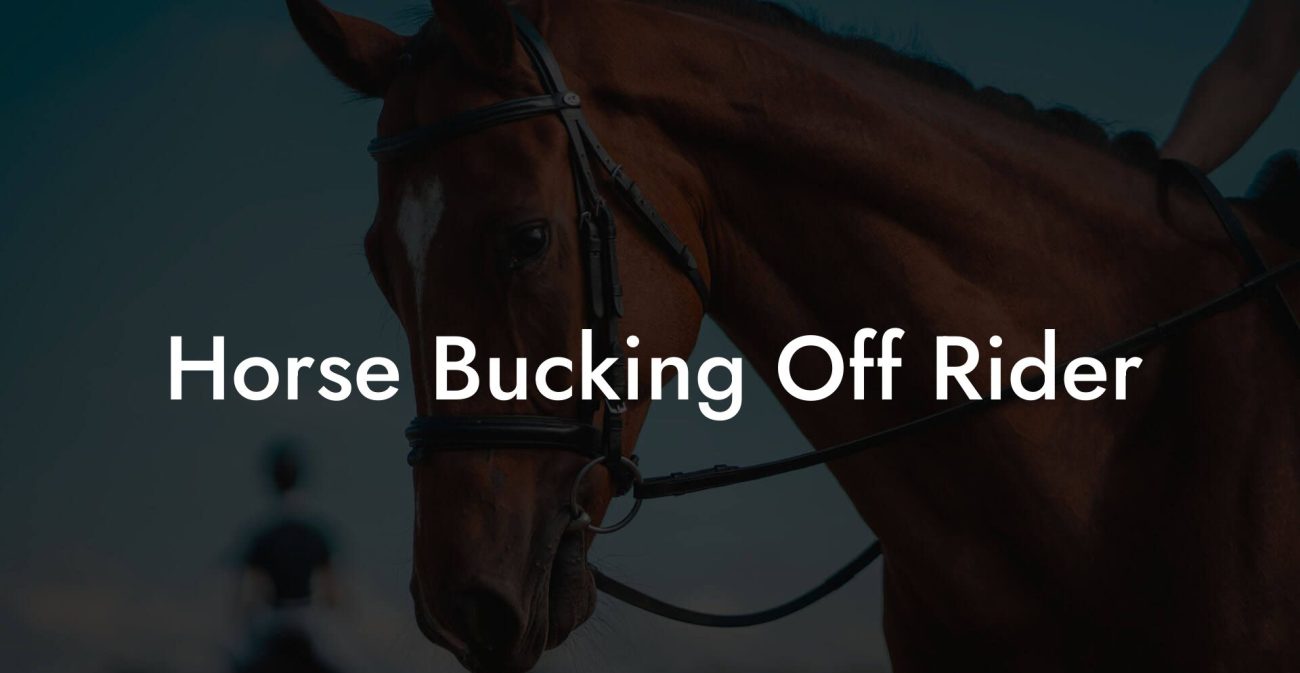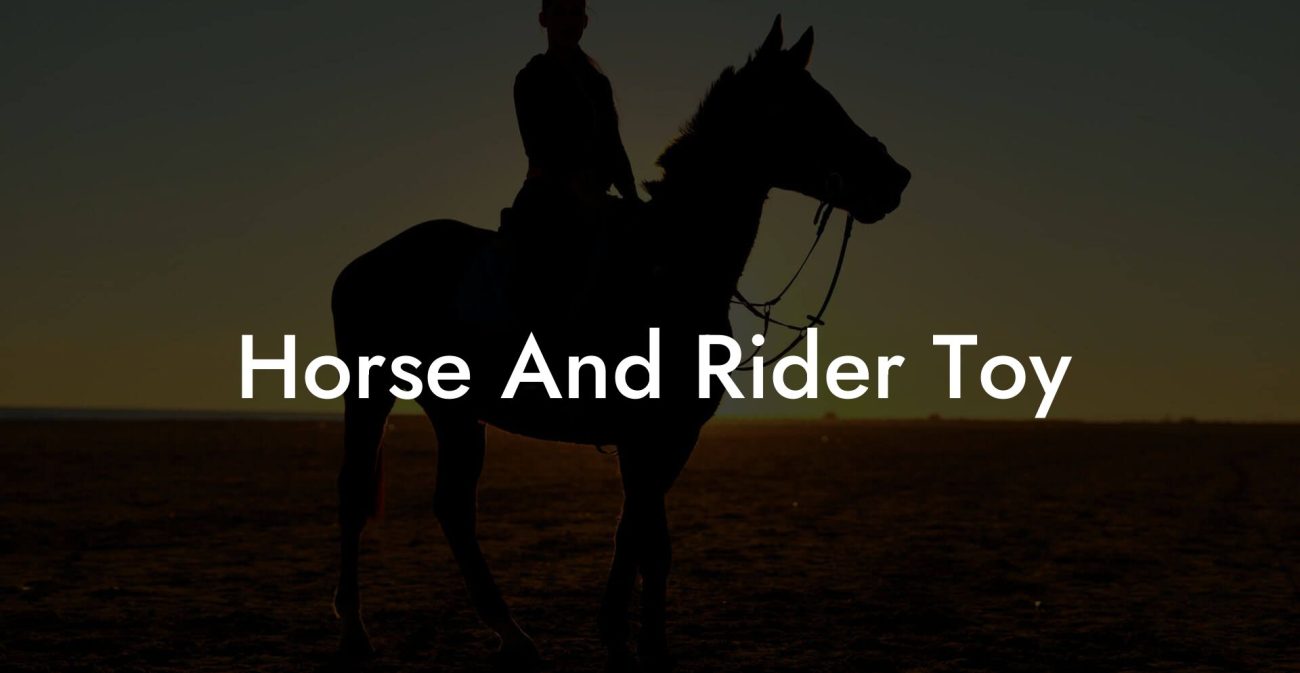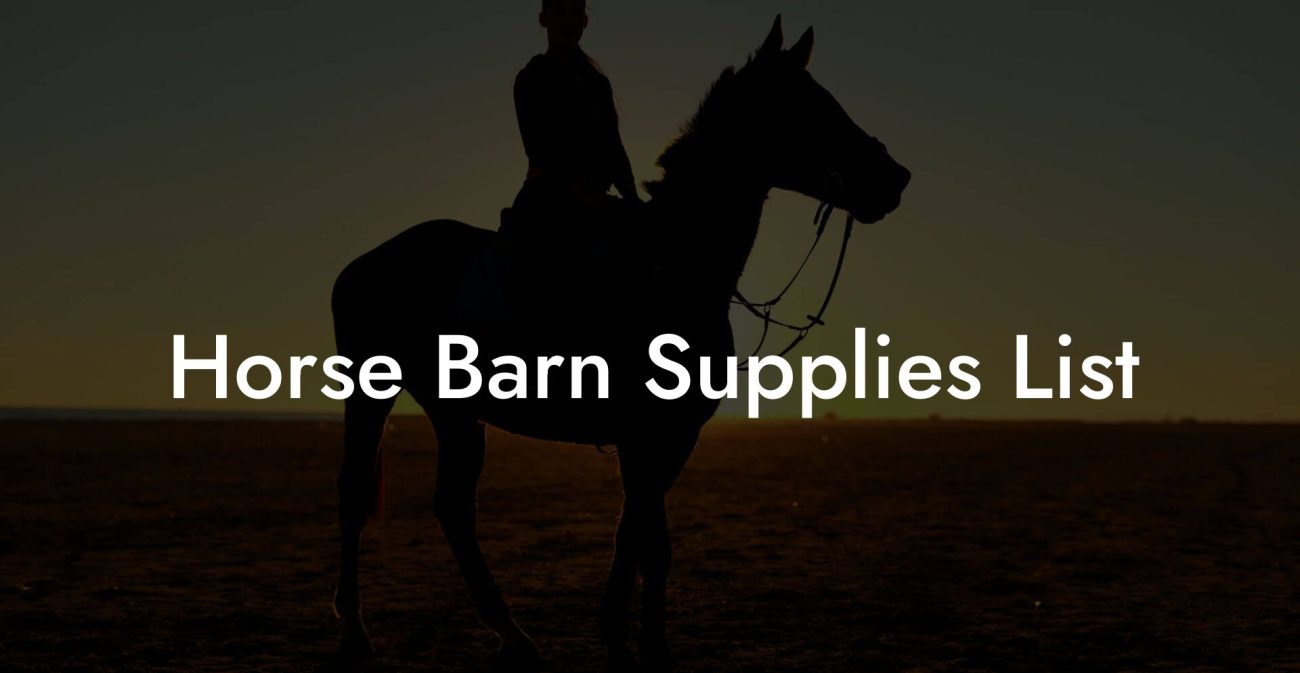Ever wondered what fuels the mighty quarter horse, nature’s four-legged dynamo known for its sprinting prowess and versatility on the ranch? If you’ve ever found yourself scrolling through reels of these speedy equines or planning your weekend trail ride, you already know that feeding a quarter horse isn’t just about tossing in a handful of oats. It’s a delicate balancing act of science, art, and a bit of old-fashioned love for your equine BFF. Let’s dive into the world of quarter horse nutrition, uncovering what these equine all-stars really eat, and how you can keep your ride energized, healthy, and ready to show off on the track or at the barn.
Quick Links to Useful Sections
- Understanding the Quarter Horse Phenomenon
- Nutritional Needs of a Quarter Horse
- Exploring the Types of Feed: Forage, Grains, and Supplements
- The Heart of the Diet: Forage
- Grains and Concentrates: The Energy Boosters
- Essential Supplements and Additives
- How to Plan a Quarter Horse Diet: A Step-by-Step Guide
- Step 1: Start with Quality Forage
- Step 2: Assess the Energy Needs
- Step 3: Incorporate Supplements Wisely
- Step 4: Monitor and Adjust
- Ingredients to Embrace and Avoid in a Quarter Horse Diet
- Star Players in the Diet
- Ingredients to Watch Out For
- Hydration and Electrolytes: Quenching the Thirst of Champions
- Common Feeding Mistakes and How to Avoid Them
- Fueling Performance: Special Considerations for Athletic Quarter Horses
- DIY Home Feed Solutions vs. Commercial Feeds: Which One Wins?
- Seasonal Changes and Their Impact on Quarter Horse Diets
- Sustainable and Organic Feeding Practices for Quarter Horses
- Resources and Community Support: Your Next Steps
- Equine Diet FAQs: Your Questions Answered
- Your Journey to Empowered Equine Nutrition
Understanding the Quarter Horse Phenomenon
Quarter horses have earned a legendary reputation for their athletic ability, quick bursts of speed, and strong work ethic. Whether you’re a Gen-Z weekend warrior or a millennial equestrian enthusiast, understanding the unique traits of this breed is the first step toward crafting the perfect diet. Hailing from the American West, these horses were originally bred for short sprints and tough ranch work. Their compact, muscular build demands a carefully tailored diet to match their energy output and bodily needs.
Unlike some draft breeds that might gain weight with ease, quarter horses have a high metabolism and require a diet that provides enough energy to support both their daily exercise routines and spontaneous bursts of speed. The nutritional needs for these horses are as unique as they are, a winning combination of high-quality forage, the right amount of grain, and essential supplements to keep them in peak condition.
So, if you’re planning to give your quarter horse a meal plan that’s as versatile and spirited as the horse itself, buckle up, because we’re about to explore every delicious detail.
Nutritional Needs of a Quarter Horse
At its core, a quarter horse’s diet is all about balance. Think of it like piecing together the perfect playlist, each element must mix harmoniously to create an upbeat, energizing vibe that lasts all day. For these hardworking horses, there are a few key nutritional components that need to be front and center:
- Forage: The foundation of any equine diet is good-quality forage. This usually comes in the form of pasture grass or hay. For quarter horses, it’s essential to ensure that the forage is nutrient-dense, providing both fiber for digestive health and the basic vitamins and minerals needed for daily energy.
- Concentrates and Grains: While forage forms the bulk of the diet, quarter horses that perform or work hard may need additional energy in the form of grains or commercial concentrates. These feeds are rich in calories and help support muscle function and recovery after a sprint or a long day on the ranch.
- Water and Electrolytes: Hydration isn’t just for humans! Fresh, clean water, and sometimes electrolyte supplements, are vital for optimizing muscle function and keeping the digestive system flowing.
- Vitamins and Minerals: From calcium to phosphorus, and vitamin A to E, a balanced diet includes these micronutrients that play critical roles in bone formation, muscle maintenance, and overall immune health.
- Fats and Protein: High-quality protein helps repair muscle, while fats provide a dense energy source. Both are important, especially for younger, growing horses or those with high performance demands.
By keeping these nutritional pillars in mind, you’ll be well on your way to designing a plate, err, a feed bucket, that’s as thoughtfully curated as your favorite artisanal coffee blend.
Exploring the Types of Feed: Forage, Grains, and Supplements
What exactly goes into your quarter horse’s feed dish? It’s more than just hay and oats, it's a carefully considered mix of natural ingredients and specialized supplements. Let’s break it down:
The Heart of the Diet: Forage
Forage is the superstar of any equine diet. It’s the equivalent of your daily greens, packed with fiber to support digestion and maintaining a healthy gut flora. High-quality pasture turnout is ideal, but when that’s not available, top-notch hay (be it Timothy, Bermuda, or Orchard grass) is the way to go. Not only does it meet the bulk of their nutritional needs, it also keeps your quarter horse busy chewing, which in turn helps prevent issues like colic.
Grains and Concentrates: The Energy Boosters
When it comes to fueling performance, grains are like the espresso shot for your quarter horse. Corn, oats, barley, and specially formulated concentrate feeds provide a quick, calorie-dense source of energy that supports both bursts of speed and sustained work. However, caution is key, a high-grain diet without sufficient fiber can lead to digestive upsets and even laminitis, an often painful hoof condition. Balance is absolutely crucial!
Essential Supplements and Additives
Just as you might take a multivitamin after pulling an all-nighter, quarter horses sometimes benefit from targeted supplements. Here, the focus is often on:
- Electrolytes: Vital for horses that sweat a lot, electrolytes help replenish salts lost in heavy work or under hot conditions.
- Probiotics and Digestive Enzymes: To keep the gut happy and efficient, these supplements support the natural digestive process.
- Joint and Hoof Health Formulas: With ingredients like biotin, methionine, and omega fatty acids, these aid in maintaining the structural integrity of joints and hooves.
- Fatty Acids: Omega-3 and omega-6 fatty acids not only provide energy but also help reduce inflammation, which is certainly a win-win for any active horse.
Integrating these elements into your quarter horse’s diet means you’re investing in a recipe for endurance, performance, and overall longevity.
How to Plan a Quarter Horse Diet: A Step-by-Step Guide
Planning your quarter horse’s diet may feel like curating your dream playlist, each item has to match perfectly with the next to create one smooth jam. Here’s a step-by-step breakdown to ensure your equine companion is getting the nutrients it needs without any unnecessary fillers:
Step 1: Start with Quality Forage
The foundation of the diet is high-quality hay or access to a lush pasture. Aim for a mix that provides a balance of fiber and essential nutrients, adjusting for seasonal variations that might affect the quality of the forage.
Step 2: Assess the Energy Needs
Consider the horse’s workload, age, and metabolism. Performance horses that get a workout every day might need a larger proportion of grains or concentrates compared to a more leisurely companion. For working quarter horses, a moderate amount of grain supercharges energy bursts, while low-activity horses might thrive on forage alone.
Step 3: Incorporate Supplements Wisely
Once you’ve nailed down the forage and energy sources, it’s time to think about those little extras. Evaluate the need for supplements such as essential fatty acids for inflammation, electrolytes for hydration, or joint support formulas for aging horses. Always consult a veterinarian or equine nutritionist to get the dosage right.
Step 4: Monitor and Adjust
Just like how your favorite Spotify playlist might evolve over time, so should your horse’s diet. Regularly assess its body condition score, weight, and overall performance. Keep an eye out for any signs of digestive distress or unwanted weight changes, and adjust the feed accordingly.
With a solid plan in hand, you’re well-equipped to ensure that your quarter horse enjoys every crunchy, satisfying bite while transforming everyday meals into power-packed performance fuels.
Ingredients to Embrace and Avoid in a Quarter Horse Diet
Not all ingredients are created equal when it comes to equine nutrition. Some foods can boost performance and promote health, while others, if misused, can land your beloved quarter horse in hot water (or worse, in the vet’s stable). So, let’s unpack the ingredients:
Star Players in the Diet
High-Quality Hay: Think of this as the base layer. Whether it’s grass hay or legume hay (alfalfa works wonders for many), ensure it is free of mold and dust. Good hay underpins the entire meal plan.
Rich, Nutritious Grains: Grains like oats, barley, and corn are excellent for providing quick energy. Look for balanced commercial feeds that cater specifically to quarter horses, ensuring they are free from unnecessary additives.
Natural Supplements: Ingredients like flaxseed and beet pulp not only add flavor but also deliver a punch of fiber and healthy fats. Electrolyte-rich salt blocks are another must-have for regulating hydration after long work sessions.
Ingredients to Watch Out For
Excessive Concentrates: Overloading a quarter horse’s diet with high-grain concentrates can lead to weight gain and digestive issues. Moderation is key!
Synthetic Additives: Some commercial feeds may include synthetic vitamins or fillers that aren’t easily digested. It’s best to choose products with natural additives to ensure optimal absorption and overall health.
Low-Quality Forage: Not all hay is created equal. Stale or dusty hay can trigger respiratory issues, so make quality a top priority.
Knowing which ingredients to embrace and which ones to avoid is like curating the ultimate mixtape for your horse, every note must harmonize to create the perfect performance.
Hydration and Electrolytes: Quenching the Thirst of Champions
Imagine running a marathon without water, sounds brutal, right? For quarter horses, hydration is just as critical. Water is the unsung hero of equine nutrition, ensuring that all the nutrients from your carefully chosen feed are absorbed efficiently.
Beyond plain H2O, supplemental electrolytes help replenish the salts lost during heavy exercise or in sweltering weather. In practical terms, a daily salt block or a specially formulated electrolyte mix can make the difference between a tired trot and that extra burst of energy when it matters most.
Whether your quarter horse is galloping across open fields or cooling down after an intense trail ride, ensuring it always has access to clean water and sufficient electrolytes is as vital as having the perfect playlist on a long road trip.
Common Feeding Mistakes and How to Avoid Them
Even the most well-intentioned equine owners can stumble when it comes to feeding. With so many options and opinions swirling around online and in the barn, it’s easy to fall into some common pitfalls. Here are a few classic mistakes, and how to sidestep them:
- Skipping the Forage: Don’t even think about cutting back on hay in favor of quick-fix grains. Forage is the foundation of a healthy digestive system!
- Overusing Grains: More isn’t always better. Overfeeding concentrates can lead to weight issues and digestive disturbances.
- Sudden Diet Changes: Transitioning from one feed type to another should be gradual. Suddenly switching diets may upset your horse’s tummy and lead to colic.
- Ignoring Seasonal Effects: The nutritional value of forage can shift with the seasons. Be ready to tweak feed quantities as the pasture changes.
- Lack of Monitoring: Regularly check your horse’s weight and body condition score. Adjust feed amounts based on activity levels, age, and overall health.
Steering clear of these missteps not only ensures your quarter horse stays in tip-top shape but also helps you build a trustworthy feeding routine that adapts to your horse’s evolving needs.
Fueling Performance: Special Considerations for Athletic Quarter Horses
Quarter horses are not only the darlings of the ranch but shining stars on the performance stage. Whether you’re training a champion for rodeo events, sprint competitions, or short-distance racing, the dietary approach needs to align with their high-octane lifestyle.
For athletic quarter horses, the focus is on:
- Enhanced Protein: Building lean muscle is crucial. High-protein feeds, balanced with the right amino acids, help keep muscles strong and resilient.
- Energy-Rich Carbs: Quick-release carbohydrates provide that burst of energy needed before and after strenuous activity.
- Electrolyte Balance: Intensified workouts require a precise balance of electrolytes. This ensures smooth muscle contraction and faster recovery between sessions.
- Fat as a Fuel Source: High-quality fats play a dual role, they provide sustained energy during extended exercise and help reduce inflammation post-activity.
The key here is customization. Tailor the diet to match your horse’s performance schedule and individual needs, making sure it’s not only competitive on the track but healthy for the long run.
DIY Home Feed Solutions vs. Commercial Feeds: Which One Wins?
In the world of equine nutrition, the decision between DIY home feed mixes and commercial feed formulas can feel like choosing between a homemade latte and your favorite café’s brew. Both options have their place, what matters is finding the right balance for your quarter horse.
DIY Home Feed Solutions: If you have the time, resources, and genuine curiosity (plus, you like flexing your DIY muscles), crafting your own feed mix allows you to control every ingredient. You can source organic hay, add just the right supplements, and adjust the ratios according to your horse’s unique energy demands. This route offers maximum customization but requires a bit of trial and error, and a solid understanding of equine nutritional science.
Commercial Feeds: For those who prefer a ready-made, scientifically formulated solution, high-quality commercial feeds offer convenience without sacrificing quality. These feeds are developed by equine nutrition experts who have already balanced the macronutrients and micronutrients necessary for a quarter horse’s health. While there may be less room for customization, you benefit from consistency and the assurance of industry-tested formulations.
Ultimately, the decision depends on your lifestyle, your willingness to experiment, and what you feel best meets your horse’s needs. Both options can work wonderfully when implemented with care and attention.
Seasonal Changes and Their Impact on Quarter Horse Diets
Just as your favorite fashion trends change with the seasons, so do the nutritional needs of your quarter horse. Seasonal variations impact forage quality, water consumption, and even the energy requirements of your equine athlete.
In the spring and summer months, when pastures are lush and vibrant, your horse may have plenty of natural grazing options. However, the heat might also mean that water intake and electrolyte replenishment become crucial. In contrast, winter or drought conditions often call for supplemental hay and possibly additional grains to counteract the drop in pasture quality.
Staying on top of seasonal changes means regularly assessing the nutritional profile of your forage, monitoring your horse’s body condition, and adjusting feed portions accordingly. Think of it as updating your wardrobe, keeping it fresh and perfectly suited to the environment.
Sustainable and Organic Feeding Practices for Quarter Horses
The modern equestrian community is not only concerned with performance, there’s also a growing appreciation for sustainable and organic practices. Adopting environmentally friendly feeding practices for your quarter horse means sourcing organic hay, selecting sustainably produced grains, and minimizing reliance on synthetic additives.
Many forward-thinking horse owners are now turning to local suppliers who offer quality, organically grown forage. These choices support not only the health of your horse but also the environment. Additionally, homemade supplements and natural remedies are gaining traction, with many enthusiasts sharing their recipes and experiences on social media platforms.
Embracing organic and sustainable feeding is a win-win: it nourishes your horse naturally while contributing to a healthier planet. It’s about making ethical choices that resonate with modern values and a genuine love for our four-legged friends.
Resources and Community Support: Your Next Steps
Embarking on a journey to optimize your quarter horse’s diet might feel overwhelming at first, but remember: you’re not in this alone. The equestrian community is a vibrant, welcoming space filled with knowledgeable trainers, nutrition experts, veterinarians, and fellow horse enthusiasts ready to share advice, support, and even a few good chuckles along the way.
Here are a few resources to fuel your next steps:
- Local Equine Nutritionists: Seek a professional who can give personalized advice tailored to your horse’s unique lifestyle and metabolic needs.
- Veterinary Consultations: Regular check-ups with a trusted equine vet will ensure that your dietary adjustments are making a positive impact on your horse’s health.
- Equine Forums and Social Media Groups: Join Facebook groups, Reddit communities, or online forums where fellow horse owners share their experiences, discuss feeding strategies, and swap recipe ideas.
- Local Feed Stores and Agricultural Co-ops: These establishments are a great resource for high-quality, locally sourced feed ingredients as well as advice on seasonal forage management.
- Workshops and Seminars: Look for local events or online webinars on equine nutrition to stay up-to-date with the latest research and trends.
Taking advantage of these resources can help you craft a well-rounded, informed approach to your quarter horse’s diet, and who knows? You might even meet some lifelong friends along the way.
Equine Diet FAQs: Your Questions Answered
Let’s address some of the most frequently asked questions about quarter horse diets to ensure you feel confident in creating a meal plan that keeps your horse both healthy and happy.
1. What is the base of a quarter horse’s diet?
The foundation of any great diet for a quarter horse is high-quality forage, primarily in the form of nutrient-rich hay or grazing on well-maintained pasture.
2. How important are grains in a quarter horse diet?
Grains serve as an excellent energy booster, especially for performance or working horses. However, it’s crucial to balance them with plenty of forage to avoid digestive complications.
3. Can I feed my quarter horse only hay?
While hay forms a solid foundation, horses in moderate to heavy work may need additional calories from grains or concentrate feeds to meet their energy requirements.
4. When should I consider electrolyte supplements?
Electrolytes are particularly beneficial during hot weather or after strenuous exercise when your horse loses significant amounts of salt and minerals through sweat.
5. Are there sustainable feeding practices for quarter horses?
Absolutely, sourcing organic hay, selecting locally produced grains, and incorporating natural supplements are all part of a sustainable and ethical feeding regimen.
6. How can I tell if my horse’s diet is working?
Regular monitoring of body condition, weight, energy levels, and overall health through veterinary check-ups is key to ensuring your dietary regimen is on point.
7. What are some common signs of a poor diet in quarter horses?
Look out for digestive upset, unwanted weight gain or loss, lethargy, and changes in coat quality. These signs indicate that it might be time for a diet adjustment.
8. Should I customize the diet for different ages or activity levels?
Yes! Young, growing horses, performance athletes, and seniors all have unique nutritional needs. Tailoring the diet can promote growth, enhance performance, and maintain overall health.
Your Journey to Empowered Equine Nutrition
Crafting the perfect diet for your quarter horse is more than a routine chore, it’s a dynamic, ever-evolving journey that connects you with your horse on a deeper level. Every mixed bale of hay, every precisely measured grain, and every supplemental boost is part of an intricate tapestry designed to boost performance, foster a vibrant coat, and promote robust health.
In a world where information is spoon-fed to us by endless social media feeds and trending hashtags, taking the time to deeply understand each component of your horse’s diet is a radical act of care and empowerment. You’re not just feeding an animal; you’re investing in a relationship built on trust, empathy, and a commitment to sustainability.
The path to equine excellence is paved with education, curiosity, and that signature spark of passion which transforms everyday feeding rituals into moments of mindful connection. So gear up, experiment with new ingredients, and share your triumphs (and even the occasional hiccup) with a community that truly understands what it means to nurture the legs that run wild.
Remember, in the world of quarter horses, every meal is a chance to energize, every bite a step toward peak performance, and every feed mix a masterpiece of nutrition. Your journey to empowered equine nutrition is just beginning, enjoy every gallop along the way!

